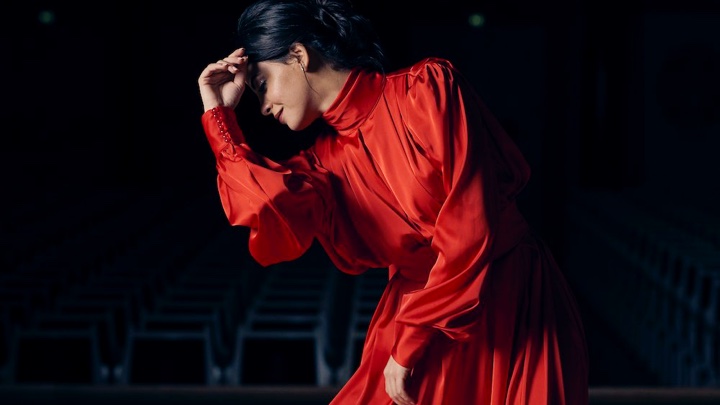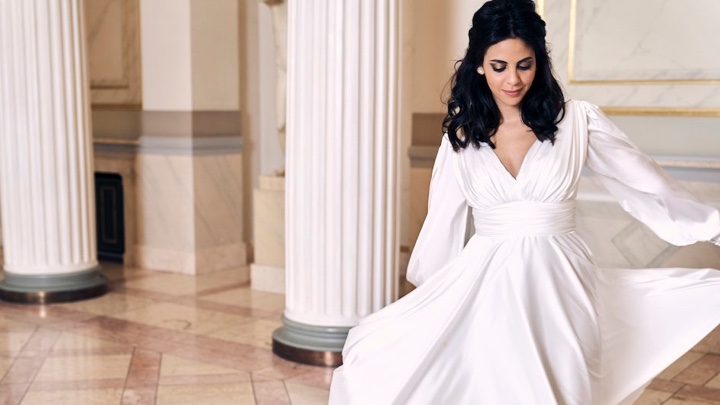

Though her Carnegie recital dropped the French pieces, it remained a thoughtful, satisfying programme—part geopolitical and cultural commentary, part statement of Said’s artistic self.
Opera singers performing folk songs can be hit-or-miss, and there was a touch of the self-aware artiste in Said’s opening set of Manuel de Falla’s popular Siete canciones populares españolas. Her vigorous word painting and abrupt floated pianissimi, together with her over-enthusiastic highlighting of de Falla’s Arabic-influenced melismas, too often interrupted the musical line. She was at her best in the declamatory intensity of “Asturiana,” creating a wonderful sense of atmosphere, as well as in a shockingly fierce “Polo”—what a chest voice!
Falla inspired his friend Federico Garcia Lorca to assemble his own collection of folk songs from his native Andalusia. Better known today for his literary achievements and untimely death, Lorca created arrangements that are perhaps less harmonically and rhythmically complex than Falla’s; nevertheless, Said found herself in far better voice, with far clearer diction and responding beautifully to Rafael Aguirre‘s guitar.
The most interesting discovery of the evening for me was Lorenzo Palomo’s Madrigal y cinco canciones sefardíes. Composed for Maria Bayo and Pepe Romero, Palomo draws upon melodies from the Sephardic Jews, who were particularly prominent in Andalusia until their forced expulsion by the Catholics. It’s a song cycle that deserves to be heard more often, particularly the two lullabies which Said and Aguirre imbued with melancholic longing.
Ironically, Said found herself on far surer footing in the individual songs—it seemed that, free of the pressure of creating a dramatic arc through the song cycles, she was able to let her dramatic and artistic instincts come to the fore.
Joaquín Rodrigo’s “Adela” and Fernando Obradors’ “Del cabello más sutil” were gorgeous, with silky pianissimi and impressive breath control, and she showed real dramatic chops in a zarzuela aria from José Serrano’s La canción del olvidó, but it was in the rhapsodic lyricism of Falla’s “Tus ojillos negros” that found Said in peak vocal form. Aguirre, too, had his moment to shine in a stylish performance of Francisco Tárrega’s fiendishly virtuosic Gran jota.
But the highlight of the evening was a set of songs in Arabic, ranging from contemporary Egyptian art song to Fairuz’s popular “Aatini al naya wa ghanni.” Said’s voice really came to life in these songs, taking on an appealing nasal quality and revealing a dazzling range of colors as she virtuosically tossed off chromatic melismas.
The encore took us from Cairo or Granada straight to Kansas: her “Over the Rainbow” was dispatched with simplicity, sincerity and a surprising aptitude for jazz. I can’t help but be disappointed, though, that she didn’t grace us with her gorgeous acoustic cover of Whitney Houston that features in her latest album—eclecticism at its best!
Photos by James Bort © Warner Classics


























Comments